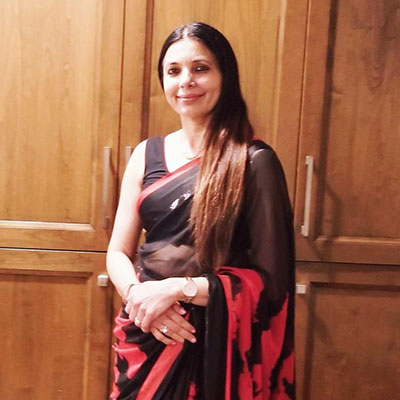
Humanities
HUMN 1

Cultures, Civilizations and Ideas: The Ancient World
This course is an interdisciplinary and thematic approach to the history of human culture and ideas.
It is the first in a sequence of four courses spanning all of human history (HUMN 1, HUMN 2, HUMN 5, HUMN 6). Each course in the sequence is independent of each other – meaning that you do not need to have taken one course to be successful in another. We encourage you to take the course (or courses) in this sequence that best fits (or fit) your interests.
HUMN 1 covers the ancient world. More specifically, we will explore the art, myths, religions and philosophical ideas developed by ancient civilizations beginning with the Paleolithic cave paintings (see image above) followed by the artistic and philosophical works of Mesopotamia, ancient Egypt, China up to and including the Han Dynasty, India's Gupta Empire, Japan's Nara Period, Ancient Greece and Ancient Rome. Class discussions, projects and lectures examine the development of worldviews, moral and ethical values, and the flowering of world religions.
This course will not only leave you with a greater appreciation of art and thought but also help you understand how people throughout time have attached meaning to the human experience.
Course Objectives
- engage in critical, creative, and independent thinking.
- stimulate curiosity about intellectual and artistic life.
- broaden perspectives on the diversity and dilemmas of human experience and knowledge.
- apply critical approaches to the analysis of various modes of cultural production in relation to the political, economic, social, and religious context of the time.
- explain the relationship between art, social organization and political institutions in both Western and non-Western contexts.
- use diverse historical periods and cultural traditions as a framework for a more complex understanding of the contemporary world.
- analyze cultural production as both instruments of social control and ideological change.
- develop the habit of learning and responding to new ideas and challenges.
- think through moral and ethical problems and to examine one's own assumptions.
- improve both oral and written communication, especially through critical reading and analysis.

